Information About Calcium and Bone Health Supplements and Tablets in India: How To Choose The Best Once

Calcium forms the basis of creating a healthy, strong skeleton that will support our bodies at many points in our lives besides being one of the important Vitamin supplements added to food and drinks. It cannot be overemphasized how critical calcium rich foods is, especially when growing older, given that the bones of our bodies account for nearly 98% of all calcium. Still, it makes sense that someone might feel overloaded with all of these options—diets and supplements included.
Introduction:
Strong bones are built on calcium, but for calcium to work well, it requires additional minerals. Nutrients which help in calcium absorption and distribution throughout the body include vitamin D, magnesium, and vitamin K. This combination lowers the risk of fractures by increasing bone resilience and density. Supplements as well as food sources help to preserve bone health. In combination, they help our skeletal system become more flexible and powerful.
This guide provides clarity on the optimal food sources and supplementation options while demystifying the role of calcium in bone health. Let's all go apart on this path to strengthen your bones and improve your wellbeing!
Importance of calcium in the body
Calcium performs many of its functions in the body related to structure, such as bone and teeth formation and strength, for which children and adolescents in India require a sizable dose.
- In addition, it is required for most muscular contractions, nerve impulse transmission, and blood clotting.
- There are so many healthy dietary sources like dairy, leafy greens, and fortified foods that sufficient calcium should be maintained for complete health.
- Calcium foods helps in the the coagulation process of blood
Overview of bone health and osteoporosis
Bones provide a shape that guards vital organs and also allows the body to move. Bone health is actually rather critical to good health overall. During life, tissue is continually being replaced by new tissue in the constantly ongoing process of bone remodeling. These two factors lead to a loss of bone strength: aging and hormonal changes.
-
Patients with osteoporosis are susceptible to fractures due to the drastic weakening of their bones. Important risk factors include a sedentary lifestyle and a family history.
-
The best ways to have strong bones are to have a well-balanced diet combined with daily exercise.
-
The mineral component of bone is mostly made up of calcium hydroxyapatite, while the organic matrix of bone is made up of collagen and non-collagenous proteins and growth elements.
According to research, the age of the individual determines the proportional contributions of the mineralized and organic compartments; normally, 20 to 40 percent of bone is organic matrix, 50 to 70 percent is mineral, and the remaining portion is made up of water and lipid(fats and oil).
Understanding Best Calcium Tablets
There is a high demand for calcium supplements in India, especially for the prevention of osteoporosis among at-risk individuals and during periods of dietary deficits.
- This might be particularly so for someone not consuming adequate calcium through diet.
- However, before taking any supplement, prior consultation with a medical practitioner is always important to avoid untoward effects or to ensure the right dosage for the person receiving the supplement.
Best Calcium tablets between meals may help people with illnesses like achlorhydria or absorption difficulties, as well as those taking certain drugs, avoid having an impact with the absorption of iron, zinc, and magnesium. According to research from 2004, 48–82% of Canadians claimed they were taking calcium supplements .
Types of calcium supplements and their benefits
Explore calcium carbonate, calcium citrate, and other types, insights into absorption, dosage, and the benefits they offer for bone density, heart health, and beyond.
1. Calcium Carbonate: Inexpensive and has a high percentage of elemental calcium; better absorbed when food is present, ensures the health of bones
2. Calcium Citrate: Highly assimilated, can be taken with or without food; recommended especially to old people; aids in a procedure to keep bone density.
3. Calcium Gluconate: Less concentrated; mostly used in a clinical setting; to replenish calcium rapidly in the body.
4. Calcium Lactate: May be absorbed directly to the stomach; contains lower levels of elemental calcium; useful if your client has an adverse stomach condition.
5. Algal Calcium: From cells of algae, it contains high levels of both calcium and minerals, which is so popular among vegetarian clients. It is also known to be bioavailable and sustainable.
Without a doubt, they are the best calcium tablets available in India, providing a number of benefits along with fast and effective results.
Benefits of Calcium Supplements:
Calcium tablets for men and women.
- Improve bone health.
- Strengthens muscular function
- Supports the nervous system
- Help in the the coagulation process of blood
Using calcium tablets increases average intake by 14% for women and 7% for men, albeit these numbers can be misleading because they include both users and non-users.
Calcium Supplement Recommendation
Guideline Doses for Supplemental Calcium:
- Aged 9 to 18 years, 1,300 mg/day since this age group always experiences rapid growth and development.
- Adults, 19 to 50 years: 1,000 mg/d.
- More than 51 years women: 1,200mg/day (in relation to menopause).
- Pregnant or lactating women: 1,000–1,300 mg/day, by age.
- Males aged 71 and older: 1,200 mg/Day
When to take Calcium tablets?
- Best time to take the dose: Calcium supplements are best absorbed in smaller quantities, preferably 500-600 mg at a time. One might consider breaking one's intake into two or more doses.
- Interaction with other foods: Calcium supplements when taken at meal times improve absorption as the acidity in the stomach increases.
- Role of Vitamin D: Vitamin D should also be sufficient. Vitamin D is important for calcium absorption. Supplements containing both are available.
- Avoid Over intake of Fiber and Phytates: Foods rich in fiber and containing phytates in whole grains and legumes impair the calcium. So, balance the diet.
- Limit Certain Things: High caffeine, alcohol, and sodium consumption can impair calcium absorption. Thus, take it only when absolutely necessary.
Role of Other Nutrients
Vitamin D would help enhance the absorption of calcium into bones and its remodeling so as to prevent the loss in bone mass. Magnesium would enhance the new formation and strength in the tissues in bones, while vitamin K supports mineralization in bones to minimize the risk of fractures, and phosphorus is associated with calcium tablets for improved strength without relying strictly on each other.
Importance of Vitamin D, Magnesium, and Vitamin K
- Vitamin D functions to promote increased absorption of calcium in the gut; therefore, the availability of sufficient calcium tablets is used in bone building and upkeep.
- Magnesium contributes to the development and strength of bones since it also significantly contributes to the activation of vitamin D.
- Vitamin K also contributes to bone mineralization and the regulation of calcium in bones, which minimizes the risk of cracked bones. All these elements have a synergy to truly facilitate bone health and prevent osteoporosis.
Dietary Sources of Calcium
Calcium rich foods is found in a variety of nutrient-dense foods and is necessary for bones and other components of well-being. The following nutrients will definitely help you.
Best food and tips for increasing intake
- The body absorbs calcium from cheese, yogurt, and milk.
- Leafy Greens: Apart from the calcium, broccoli and other greens contain much more nutrients.
- Protein and fortified foods include almond, soy, oat milk and Orange juice or cereal for breakfast.
- Fish: Canned sardine fish, and bone-in Salmon provide much omega-3 fatty acids, full of calcium.
- Nuts and Seeds: Almonds, chia seeds, and sesame seeds could be some good sources of calcium and fat content to be included.
Add these ingredients to your diet-they are not only good for health but also good for skin, so you look bright and shining.
Calcium Deficiency Symptoms:
- A recurrent limb cramp and spasm, especially in the limbs of a person, also features this kind of calcium deficiency.
- Soft Nails: This symptom of brittle nails indicates the calcium deficiency resulting from a weakly structured bone structure.
- Numbness or Tingling: Low levels of calcium can bring about feelings of numbness or tingling in hands, feet, and sometimes, even the face.
- Tiredness and Weakness: Chronic fatigue and weakness may develop as a sign of a lower level of calcium that, in turn, may negatively affect body activities.
Calcium carbonate and calcium citrate are the two primary supplemental forms of calcium. Since calcium carbonate contains 40% elemental calcium, it requires fewer supplements and is generally less expensive.
What are the symptoms of Calcium Deficiency?
- Some of the risk factors include poor dietary intake of calcium; vitamin D deficiency; hypoparathyroidism and other medical conditions such as kidney disease.
- An additional threat is also related to postmenopausal women and older adults, which is primarily caused due to hormonal changes and lowers absorption rates for calcium.
- Additional other risk factors include smoking and overconsumption of alcohol in addition to a sedentary lifestyle. Poor nutrition caused due to gastrointestinal disorders further leads to lowered calcium levels.
Supplements or fortified foods are frequently the source of excess calcium intake, which might have negative consequences. Due to calcium interacting with numerous nutrients and requirements for cellular metabolism, changes in calcium levels can result in a number of health problems.
Who Should Take Calcium Supplements?
The intake of calcium supplements here is recommended for postmenopausal women and the aged to add to their lifestyle.
- A person who is lactose intolerant, allergic to dairy, or a vegan will need the calcium as their intake is not enough.
- Patients suffering from another condition referred to as osteoporosis, and other diseases that affect the ability of the body to have calcium absorbed into the bones.
- A patient suffering from hypoparathyroidism may require the calcium tablets for them to maintain normal levels of calcium in their body. Should be sought from a doctor if one is to use this supplement.
Target demographics and special considerations
- Target populations are postmenopausal women, the elderly, and lactose intolerant and others with dietary restrictions.
- Special considerations are whether the vitamin D level is adequate for appropriate calcification, review for any drug or medication that can impair the metabolism of either of the drugs.
Lifestyle considerations, such as adequate regular weight-bearing exercise programs have an impact on bone density.
Conclusion:
Adequate calcium foods intake improves bone health for especially vulnerable populations such as postmenopausal women and the elderly. Adequate sources of calcium are found in dairy products, leafy greens, and fortified foods, making it possible to meet requirements only with a good diet. Of course, Calcium supplements can be used to bridge this gap, but it would be wise to take this under the doctor's prescription to avoid risks. Bone strength and health in India can be improved by respecting nutrition and lifestyle choices.
FAQ’s:
1. What are the best dietary sources of calcium for bone health?
Some of the richest food calcium sources include milk and yogurt-products coming from dairy as well as leafy greens. Calcium in generous amounts is also found in fortified foods such as plant-based milk and orange juice.
2. How does Vitamin D enhance calcium absorption?
Vitamin D increases the rate of protein synthesis in the intestine, thereby trapping calcium from the diet, releases calcium from bones by improving the latter's release, and aids in the reabsorption of calcium from the kidneys.
3. What are the potential risks of calcium supplementation?
Supplements of calcium may pose dangers, including higher morbidity for kidney stones and cardiovascular disease for instance, heart attacks.
No comments








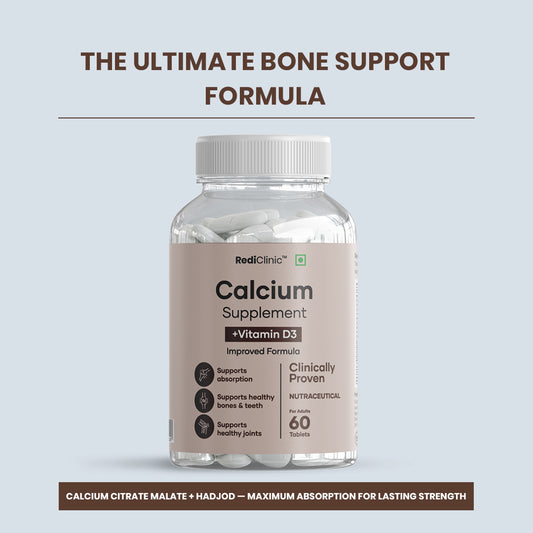
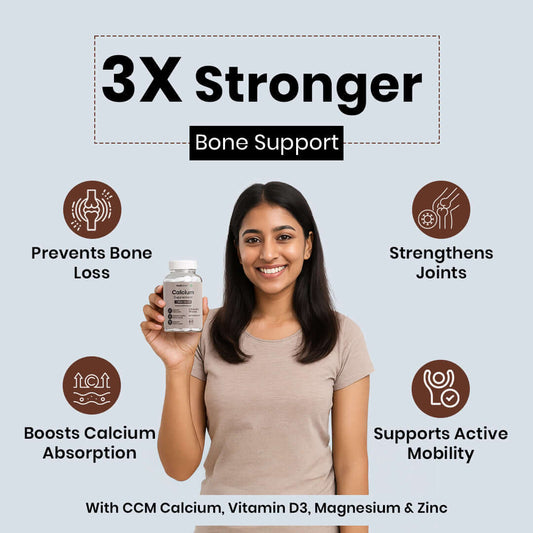
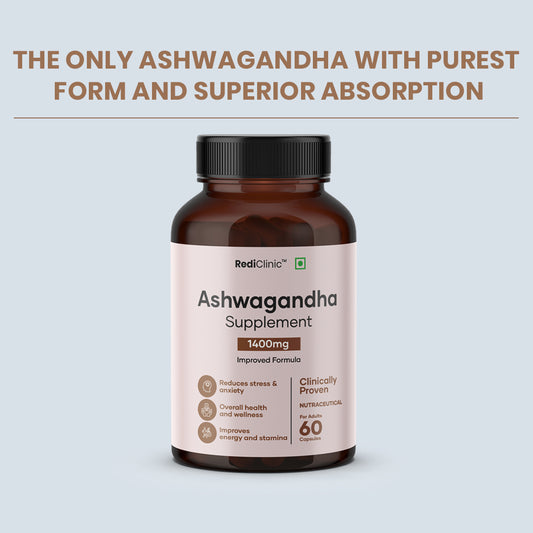
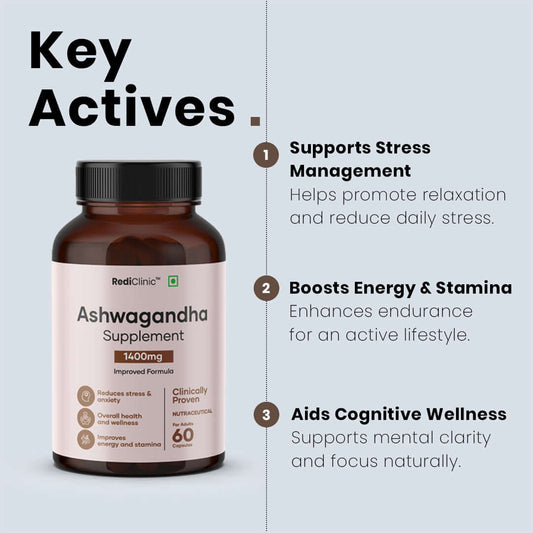
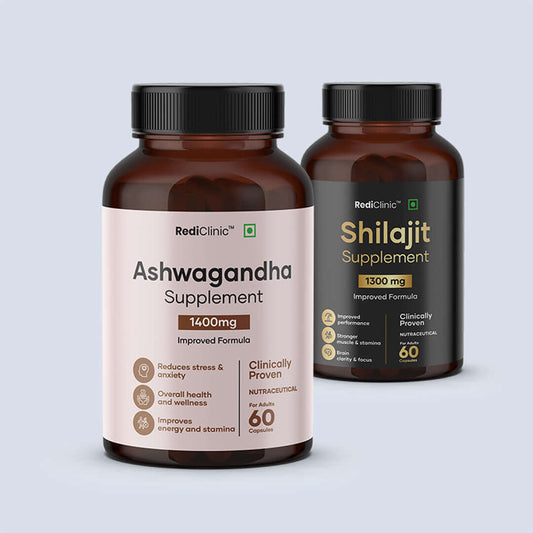
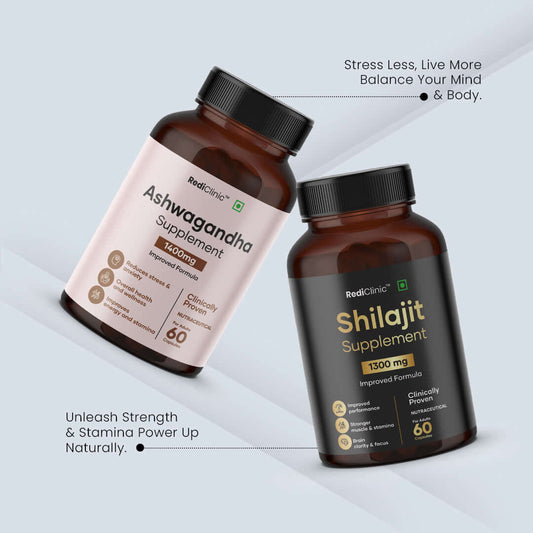

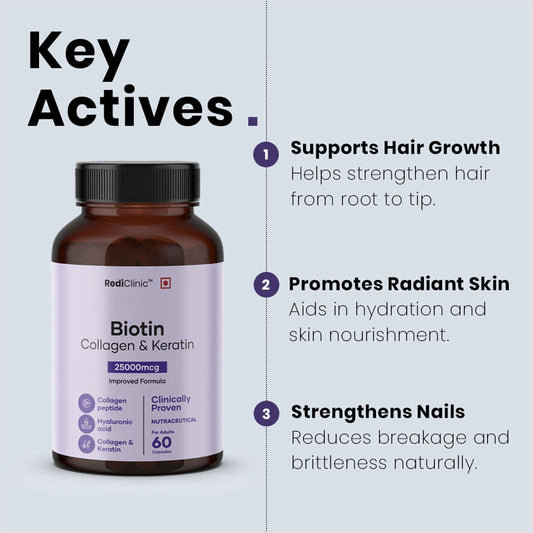
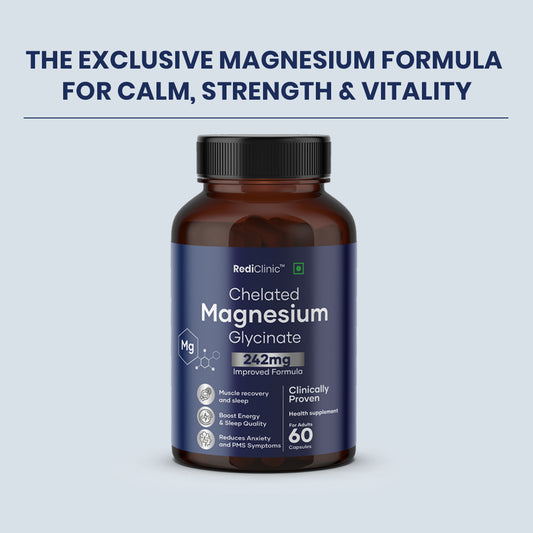
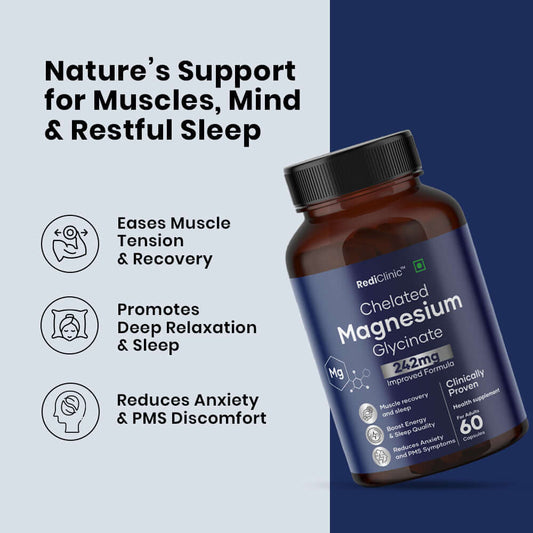

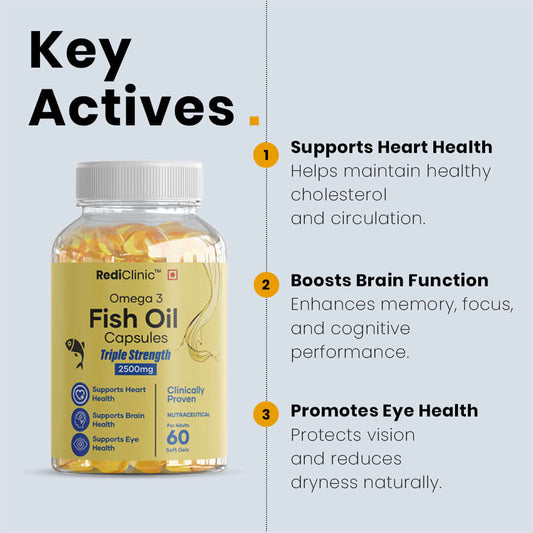
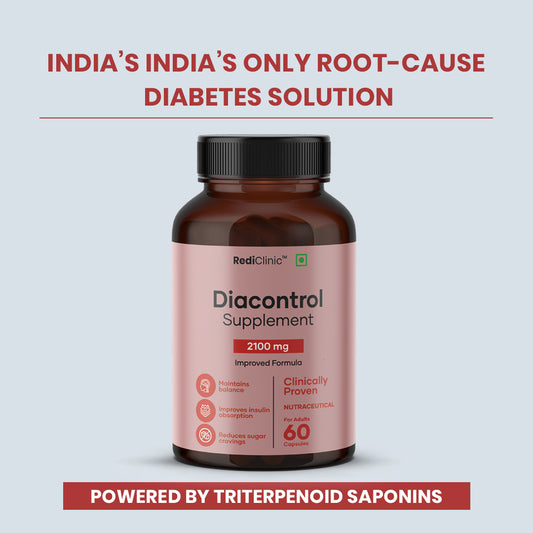
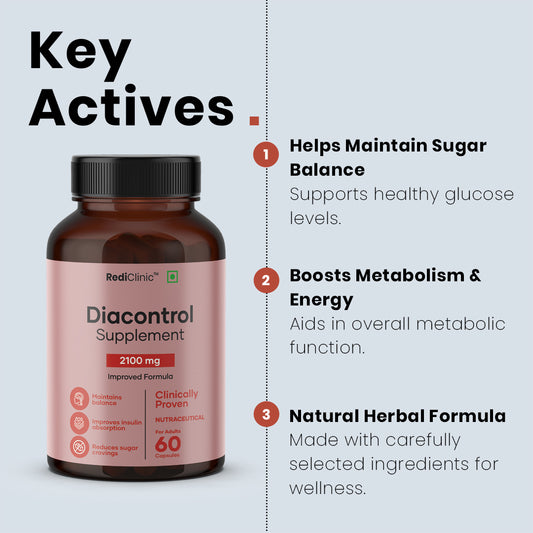
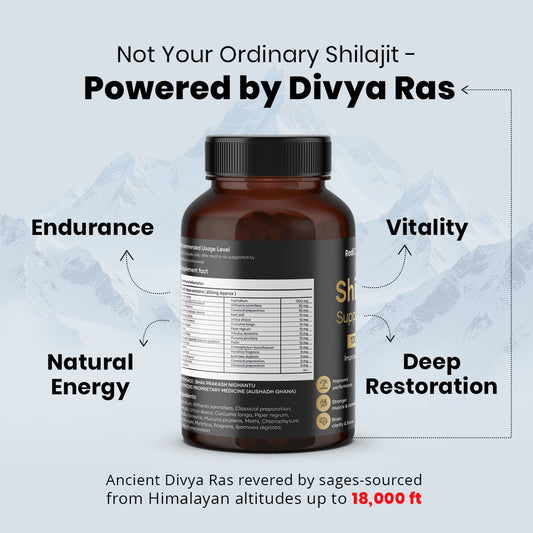



0 comments